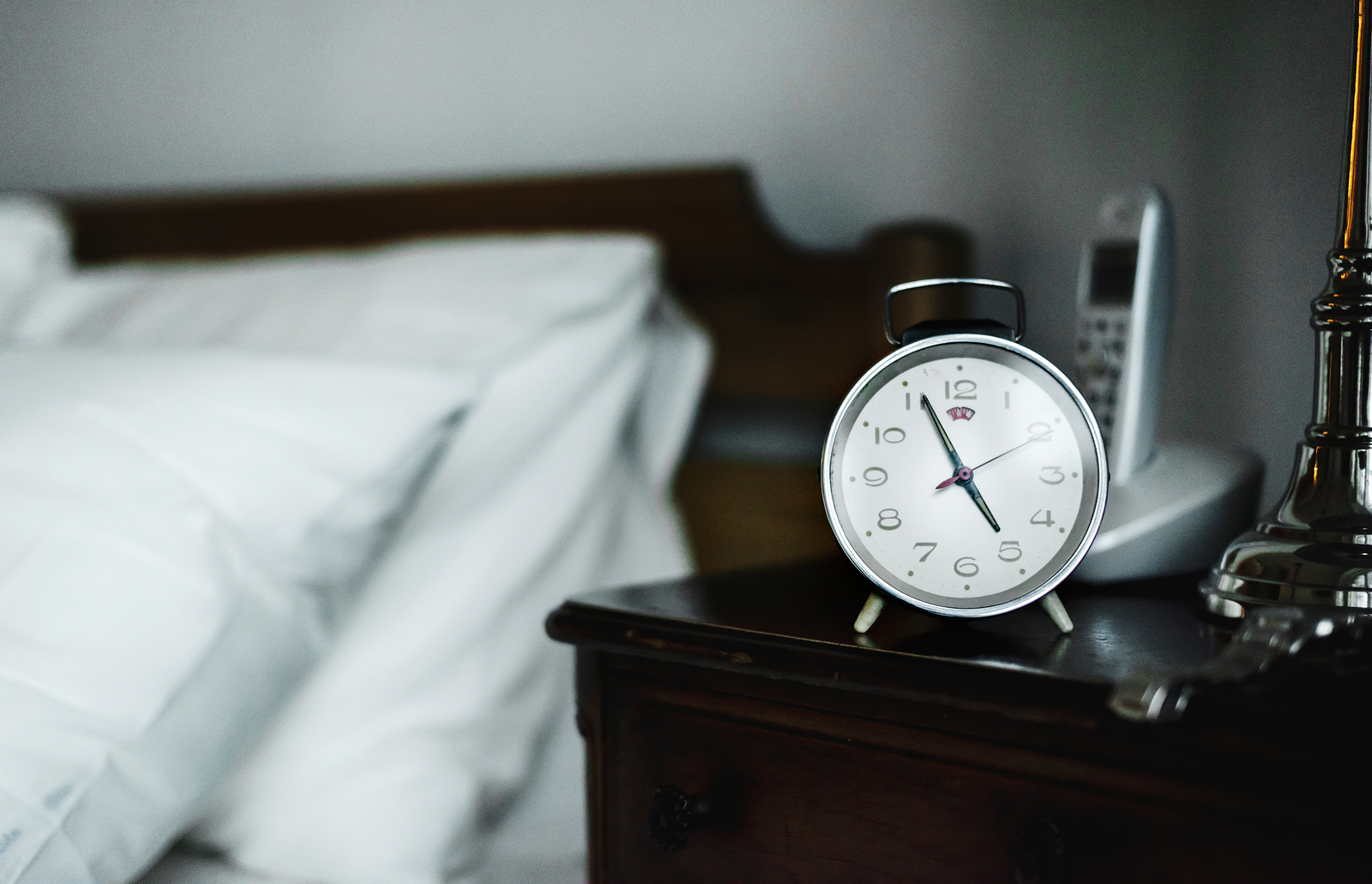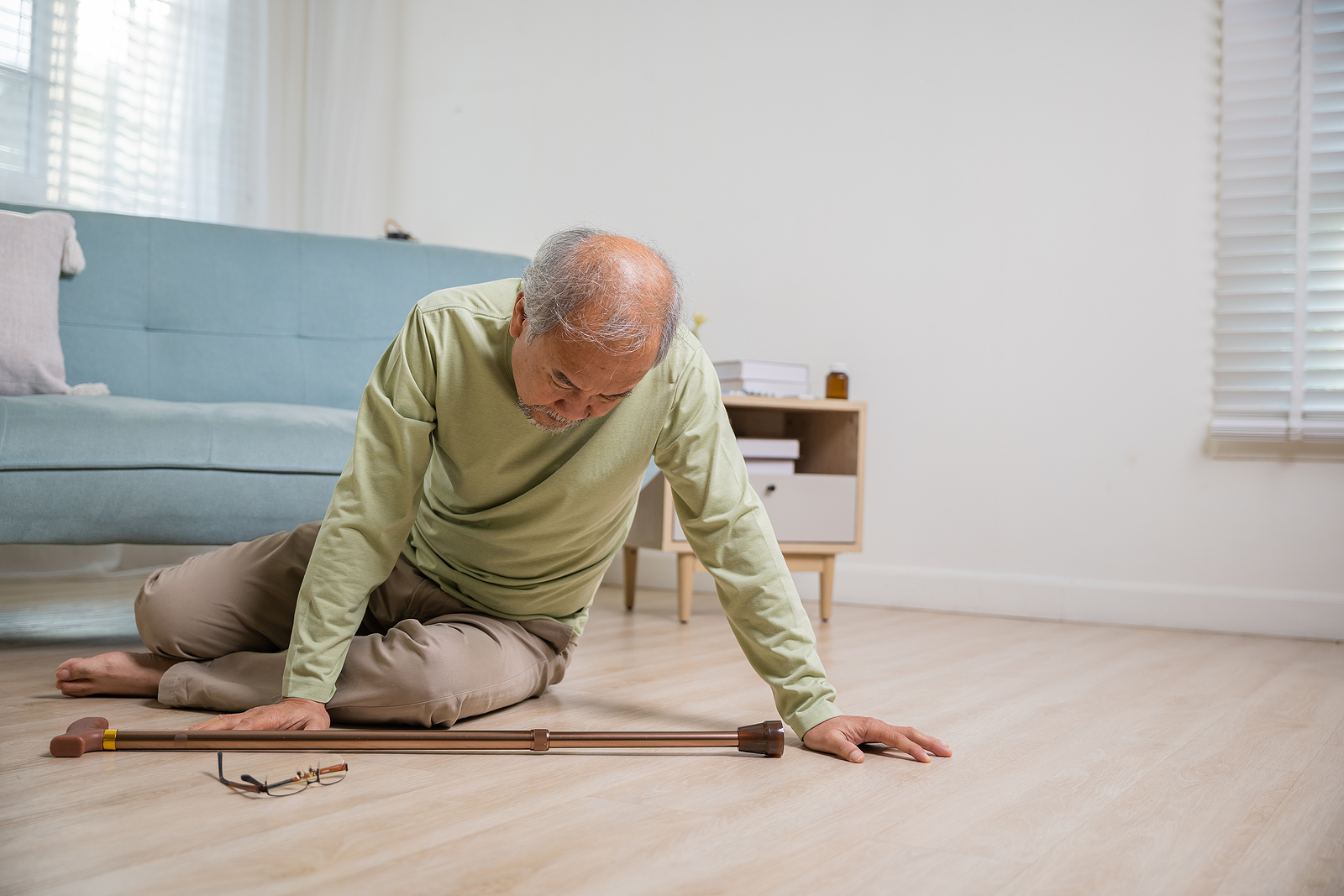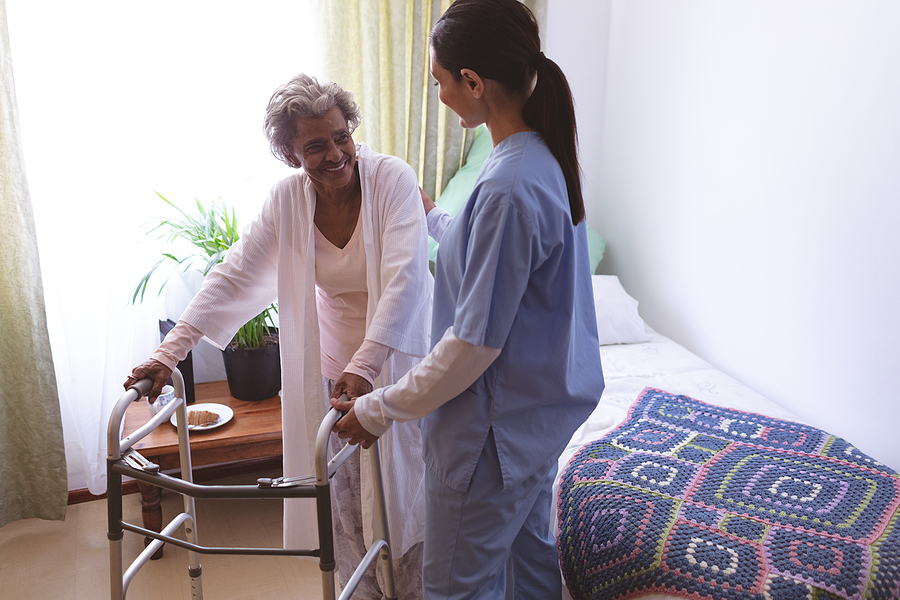Daylight Savings Time is approaching and even though it’s wonderful to get an extra hour of daylight during the spring and summer, making the time switch can be physically and mentally difficult for seniors. Studies have shown that just losing that one hour of sleep and getting up an hour earlier can increase the risk of heart attack. And for seniors who typically have more trouble sleeping than other groups losing an hour of sleep can have a big impact on their cognitive skills and mental health. Here are a few ways that you or a personal care at home provider can help your senior loved one adjust to Daylight Savings Time:
Ease Into The Time Change
One of the most jarring things about the time change for Daylight Savings Time is how quickly it happens. You can help your senior loved one adjust to the time change by changing the times when they get up and go to bed in 15 minute increments starting about a week before Daylight Savings Time begins. A personal care at home provider can help your senior by waking them 15 minutes earlier than usual or helping them get to bed 15 minutes earlier than usual. And then after a couple of days of that schedule it can be adjusted to getting up 15 minutes earlier and going to bed 15 minutes earlier again. Over the course of about two weeks your senior loved one’s internal clock will safely shift to adapt to the new schedule.
Keep Routines The Same
Keeping your senior loved one’s morning and bedtime routines the same regardless of the time will help them adjust to Daylight Savings Time. It’s the routine that helps signal to their brain that it’s time to wake up or time to go to sleep so keeping their morning and bedtime routines the same will keep the signals consistent and provide some stability to make the change easier.
Avoid Naps
The first few days your senor loved one may be very tired or tired and irritable during the day. Even though they may want to sleep during the day try to keep them awake and active during the day. That will help them be tired enough at night to sleep through the night and get adjusted to the time change. If you are gone at work during the day a personal care at home provider can help keep your senior parent from taking naps by engaging them in playing games, watching movies, or taking them out for a walk.
Cut Back On Caffeine
Any substances like caffeine that can interfere with sleep or act like a stimulant should be avoided during the transition to Daylight Savings Time. If your senior loved one isn’t about to give up their coffee in the morning that’s fine, but encourage them to drink tea throughout the day instead of more coffee or drinks like sodas that have caffeine in them.
Source:
https://www.webmd.com/sleep-disorders/news/20211105/harmful-effects-of-daylight-savings









